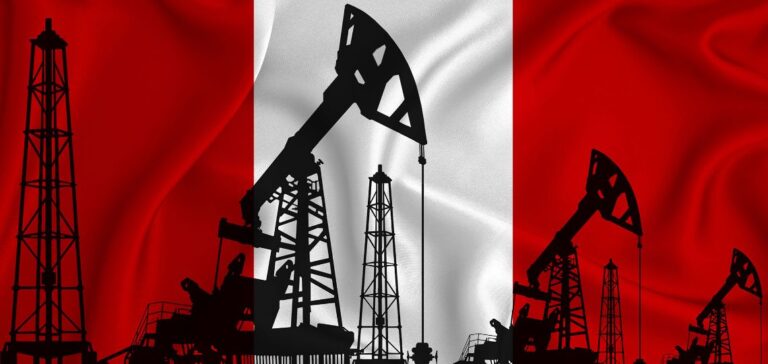PetroTal Corp. has completed the acquisition of a 100% interest in Block 131, located in Peru, by acquiring all shares of CEPSA Peruana, a subsidiary of Compañía Española de Petróleos S.A. (CEPSA). This transaction marks a major strategic advancement for PetroTal, consolidating its activities in the region.
Block 131 is notable for the Los Angeles oil field, discovered in 2013. This field produced an average of 817 barrels of light oil per day (bopd) between January and September 2024, with an API gravity of 45°. The existing site infrastructure can process up to 5,500 bopd, paving the way for significant production increases and lower unit costs.
PetroTal’s Objectives for Block 131
PetroTal plans to implement modern drilling techniques, similar to those used at its Bretaña field, to maximize the productivity of Block 131. The company is currently assessing a development plan aimed at utilizing the untapped capacities of the Los Angeles field and exploring deeper, unproduced zones.
With proven reserves estimated at 2.0 million barrels and proven plus probable reserves reaching 4.2 million barrels, Block 131 presents a significant opportunity to increase production capacity in the short term. Additionally, the potential to blend the block’s light oil with Bretaña’s heavy crude could enhance sales conditions with the local refiner, PetroPeru.
Context and Implications
The current production from Block 131 is sold to PetroPeru and transported by barge along the Ucayali River to the Iquitos refinery, a process that benefits from logistical synergies due to the proximity of the Bretaña field. The exploration and production license agreement for Block 131 is valid until 2038, with a 23.48% royalty rate applied for productions below 5,000 bopd.
PetroTal also emphasized that this acquisition aligns with its long-term growth strategy. By diversifying its assets, the company is positioning itself to strengthen its competitiveness in the Peruvian market and optimize the exploitation of local resources.
This key milestone in PetroTal’s expansion reflects a balanced approach between increasing production capacity and efficiently managing existing infrastructure. The company is expected to announce additional details regarding its development plans for Block 131 soon.






















